When you obtain a bankruptcy discharge, the debts included in the bankruptcy case can no longer be enforced against you personally. In other words, you cannot be sued for any debt listed in your bankruptcy, nor can any creditor demand payment on any debt listed in your bankruptcy.
Personal liability is eliminated.
When you have “personal liability” for a debt, your creditor can sue you. Once they obtain a judgment against you, they can use legal processes like levy and garnishment to touch your non-exempt assets and earnings, even though you didn’t pledge those assets as collateral for your unsecured debt (like a credit card).
Your bankruptcy discharge eliminates your creditors’ ability to hold you personally liable for a discharged debt.
A permanent injunction replaces the automatic stay.
Your bankruptcy discharge, by definition, is a court injunction against certain actions relating to debts that existed before you filed bankruptcy. The discharge injunction takes the place of the automatic stay that was triggered by your bankruptcy case.
The discharge injunction keeps a creditor from starting or continuing a lawsuit against you to enforce the collection of a discharged debt. If a judgment was entered against you before your bankruptcy filing, it is now void.
Your discharge covers not just the debts that were liquidated as of the filing of your case, but any liability caused by events before the filing, provided that the affected creditor got notice of the bankruptcy.
For example, if you were at fault in a car accident, but there had not yet been a personal injury trial at the time of your discharge (an unliquidated debt), any judgment entered against you in that trial is also discharged.
What about voluntary and involuntary liens? (What are those, anyway?)
If you have voluntarily put up some of your property as collateral for a loan, such as a mortgage, that lien may survive your bankruptcy. The difference is that if you fail to pay your mortgage, the lender cannot sue you to collect the debt out of your post-bankruptcy wages. They can, however, still foreclose on the house.
In the case of an involuntary lien, like a personal injury judgment or a tax lien, they can attach assets you owned before you filed bankruptcy. Still, they can’t touch any assets you acquire after your bankruptcy is discharged.
What about non-dischargeable debts?
Non-dischargeable debts continue on past your bankruptcy discharge as if it never happened.
How can I best predict my post-bankruptcy debt landscape?
An experienced bankruptcy attorney can go over your existing debts and layout how things are likely to look after your discharge. It’s free to chat with me about your options – you can call or text me at 215.551.7109, or drop me a line.









